How life in Australia will change due to net zero by 2050 target
There could be big changes to how Australians live thanks to the net zero by 2050 target — and they’re likely to happen very quickly.
Australia looks set to adopt a net zero by 2050 target and while it might have taken a while for the country to get to this point — change will likely happen quickly.
The emissions reduction target is still 30 years away but experts believe many of the changes required will need to happen in the next 10 years for the world to have a good chance of meeting this goal.
Climate Councillor economist Nicki Hutley believes Australians will notice things changing pretty quickly.
“I think change will come much more quickly than people understand now,” Ms Hutley told news.com.au.
This is partly because state and territory governments as well as businesses were already acting.
“We are already on this path but I think it will happen more quickly, partly because of international pressure for it to happen, but also because people are there and the policies are on the way — we just need to move more quickly,” she said.
Ms Hutley believes the coronavirus pandemic has also helped people.
“They understand that radical changes can happen quickly and we are far more adaptable than we give ourselves credit for.”
So what does net zero mean for Australians and how much will it change people’s lives?
This is what we know.
Our holidays may change
The global aviation industry produces around 2 per cent of all carbon emissions so the race is on to find a way to make this more efficient. There is already research into biofuels or hydrogen-fuelled aircraft.
Other options could include giving people an emissions budget for travel every year so the burden is shared equally, Ms Hutley said.
In order to reduce emissions, people may chose to holiday closer to home and electric powered campervans may become a familiar sight on our roads.
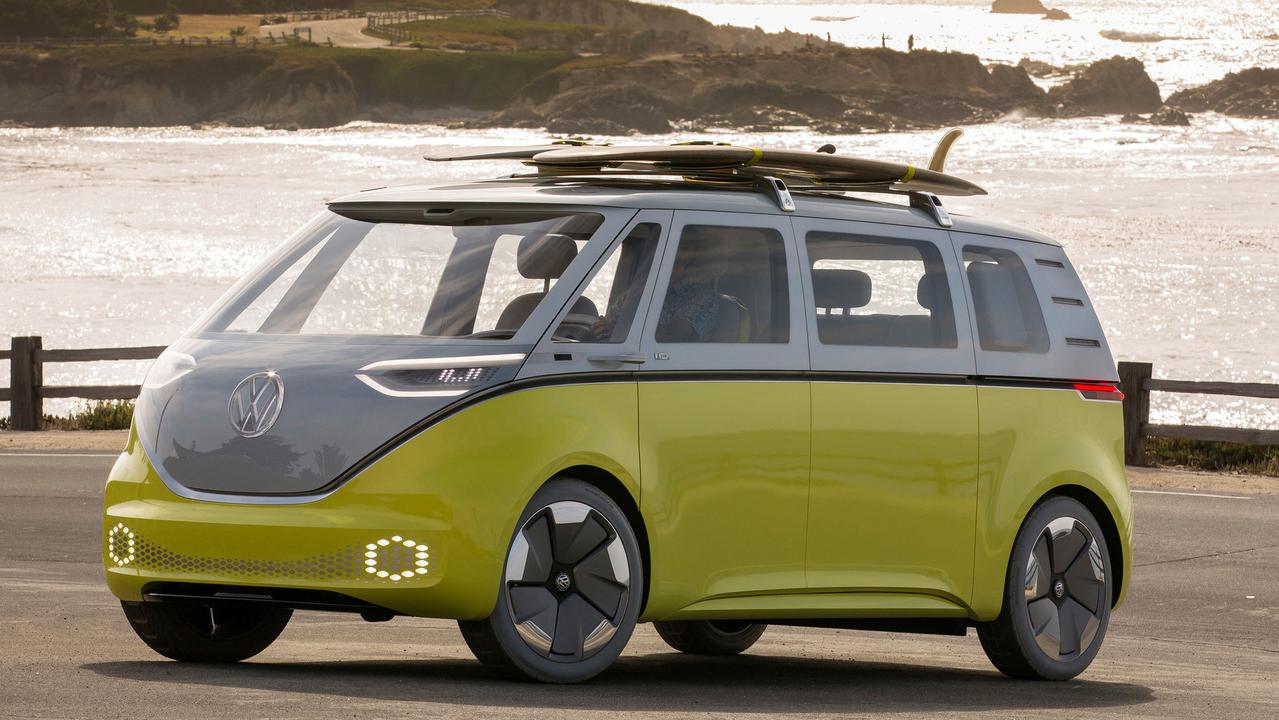
WFH could stay and bike lanes will improve
Cities are already improving active transport infrastructure like bike lanes to make it easier for people to travel short distances without generating emissions.
Ms Hutley believes governments will also improve public transport and coronavirus has already changed the thinking around working from home.
“I think cities will look different, there will be more working from home but also more regional hubs,” she said.
We’ll need to switch from gas to electricity
Gas cooktops were once a sought-after feature but they could soon be a thing of the past with induction alternatives seen as a great environmentally friendly alternative.
While gas generates less emissions than coal, it still releases carbon and is not compatible with a net zero emissions home.
This will see gas heaters also replaced by reverse cycle air-conditioning and solar hot water systems.
Hydrogen could also be used by households in the future although it’s not clear whether this will be feasible.
However the University of NSW, Sydney, is developing the LAVO hydrogen hybrid battery as an alternative to Tesla’s lithium version.
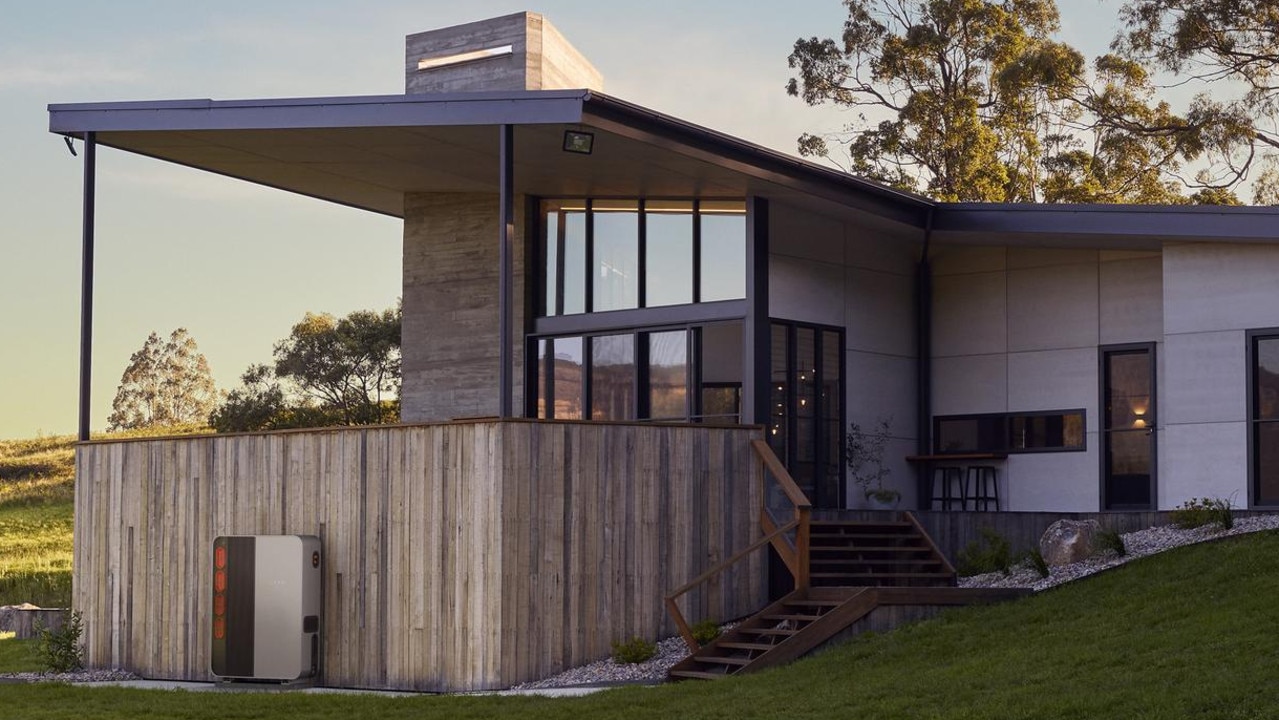
How we eat could change
While giving up meat entirely may not be necessary, Ms Hutley believes the mix of what we eat could change.
Methane from cows contributes to carbon emissions and research is underway into how they can be fed more efficiently.
“There’s research into seaweed and how it can reduce emissions in a cow’s diet,” she said.
However, scientists are also developing lab grown meat and Ms Hutley said it may also be necessary to look at how we feed the population more efficiently as farming in general involves land clearing.
A household choosing to eat chicken instead of beef could save 1.4 tonnes of carbon dioxide equivalent from being released every year. Becoming vegetarian could save 2.5 tonnes.
We’ll need to be more energy efficient
Climateworks has estimated about a third of the world’s emissions reduction over the next decade or so would need to come from better energy use.
Households could be encouraged to buy more efficient whitegoods including fridge, washing machine and dryers.
Climateworks believes the energy efficiency of existing buildings can be improved by 41 to 44 per cent, and new buildings could be improved by 51 to 56 per cent through things like insulation and double glazing.
An International Energy Agency report this year suggested that by 2025 — just four years away — 80 per cent of all appliances sold in advance economies should be the most efficient models available, and no gas boilers should be sold, to achieve net zero by 2050.
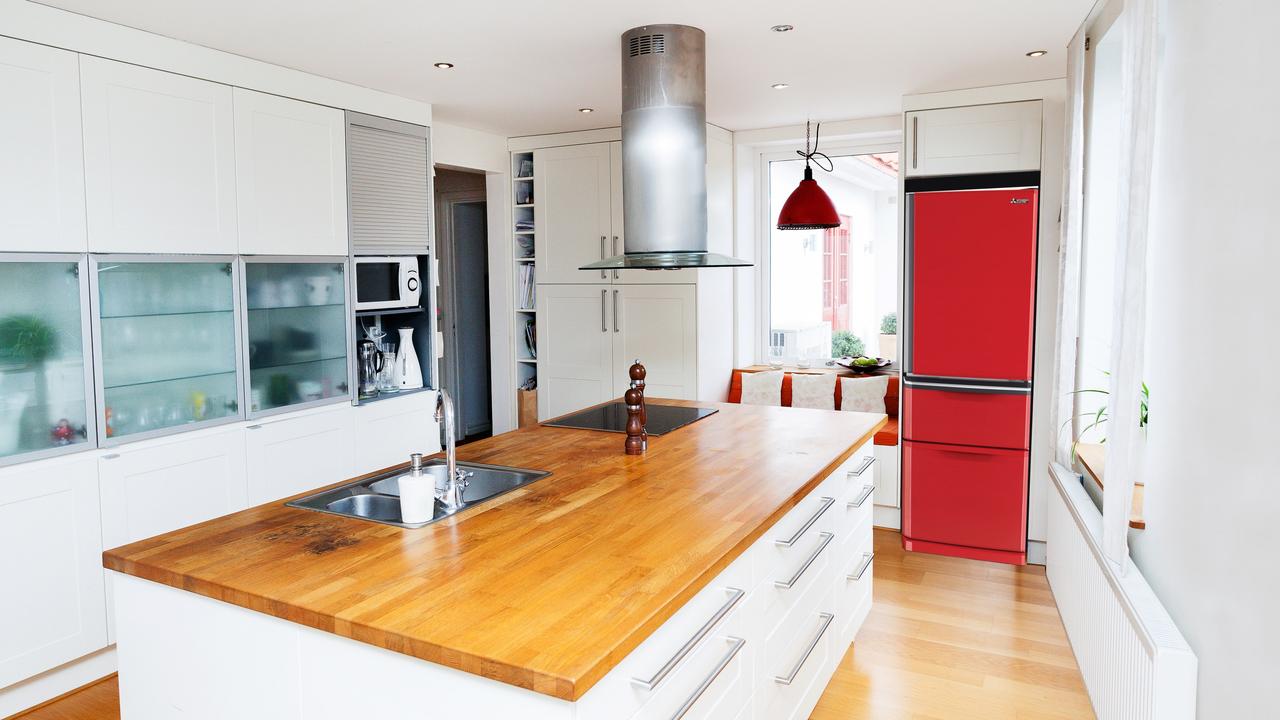
We’ll need more renewable electricity
Electricity contributes the most to Australia’s greenhouse gas emissions, with 33 per cent coming from this sector.
Getting this down will be a priority and this will likely mean more solar, wind and importantly — more batteries, hydro and other firming technologies.
Ms Hutley said the push for net zero emissions would likely see more battery storage in households and at a commercial scale.
EVs will finally be trendy
When Labor first raised the idea of a quick transition to electric cars as one of its election promises in 2019, many people freaked out but a few years later and the idea seems to be catching on.
It’s probably been helped by sexy new technology including an electric road bike that could be available this year for those adrenaline junkies and there’s even a hydrogen-powered vehicle.
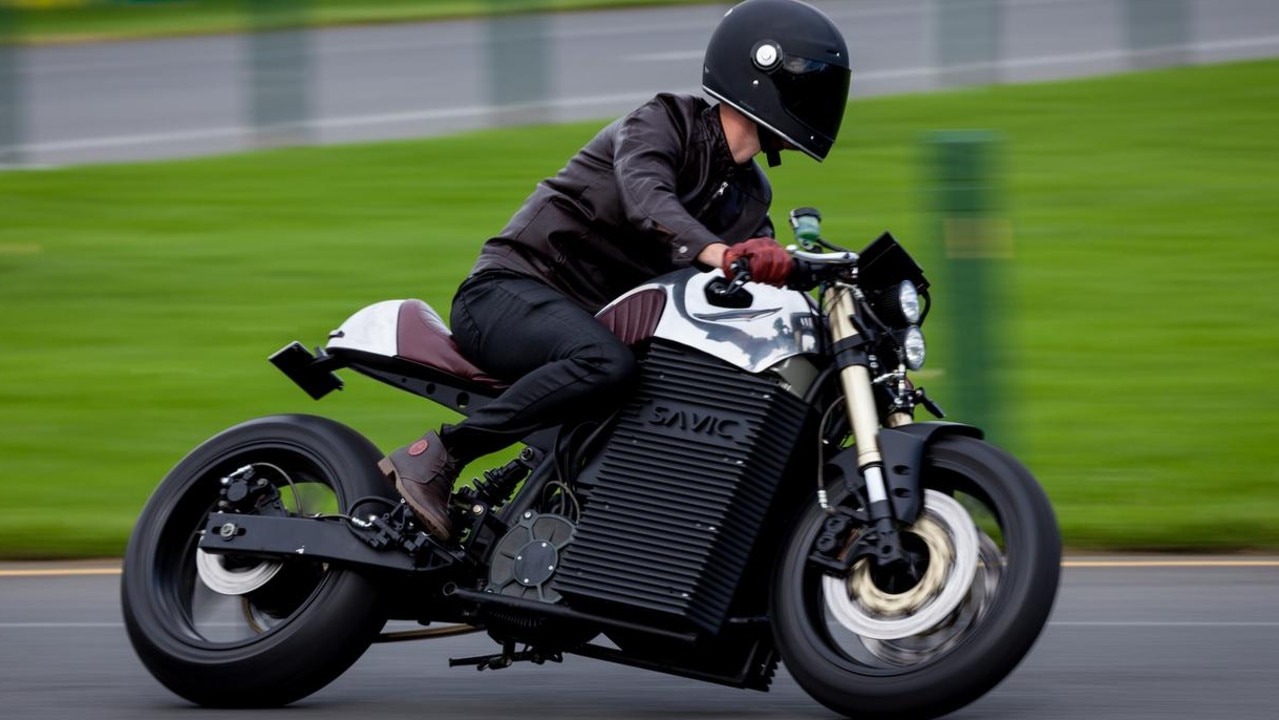
Switching to EVs is seen as one of the easiest and cheapest ways of getting emissions down, some are calling for all new cars sold in Australia to be electric in about 15 years.
The Grattan Institute modelling released today found switching to EVs, could be enough to meet 40 per cent of the emissions reductions Australia needs to achieve between now and 2030.
There are already a huge variety of green cars being manufactured overseas that are not for sale here but this could change if we introduce new emissions standards.
The NSW and Victorian governments are already offering $3000 subsidies for some EVs and Ms Hutley believes this is an area that could see the fastest change.
“We are seeing all state governments step up to invest in charging infrastructure,” she said.
The ACT is also investing in electric fire trucks and ambulances, while NSW is investing in electric buses.
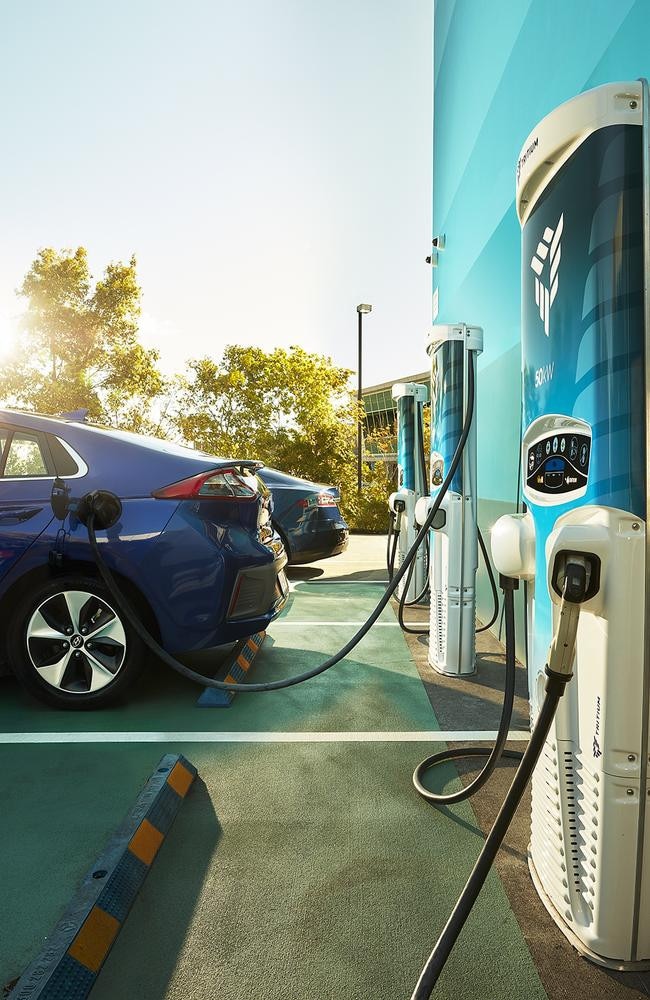
New industries will emerge
Phasing out coal-fired power is crucial to reducing emissions, especially in the electricity sector.
A report from the International Energy Agency suggested the least-efficient coal-fired power plants should be phased out by 2030 and all coal by 2040.
However, new industries will emerge and with those industries will come new opportunities.
Ms Huntley said what happens with the hydrogen sector will be very important, and it may provide some of the jobs of the future. Some have predicted it could become a trillion-dollar industry.
Other products such as “green aluminium” could also provide opportunities for Australian businesses.
“Australia has the opportunity to grow lots of new sectors if we get in there early,” Ms Huntley said.
She said Australia could become a powerhouse in the Asia Pacific region for energy-intensive products produced without the use of fossil fuels, like fertiliser and cement.
“The demand is there from other countries,” she said.
Ms Huntley believes new experiences and jobs that we haven’t enough thought about may well emerge in the next few years, just like they have in more recent years.
“I think Generation Z is already thinking about how to live a more sustainable life — being less materialistic and to make it more about experiences,” she said.
“I think we’ll be more conscious and conscientious in our choices.”






